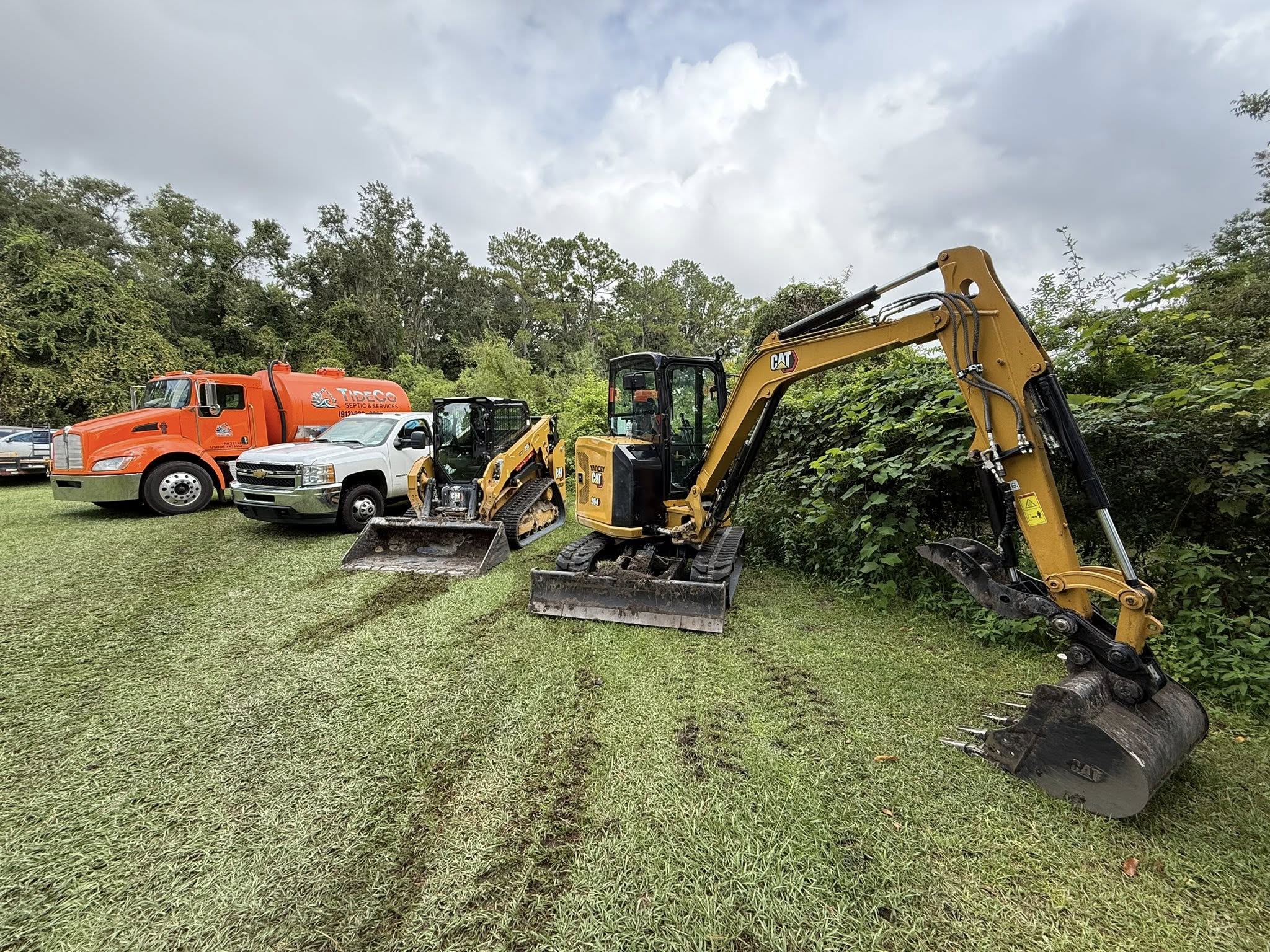
Maximizing Efficiency: Tips for Maintaining Your Septic System Oct 06, 2025
To begin with, understanding how your septic system works is fundamental. Essentially, it comprises a septic tank and a drain field. Wastewater flows from your home into the septic tank, where solids settle at the bottom and oils float to the top. The liquid effluent then moves to the drain field, where it undergoes natural filtration. Over time, without proper maintenance, sludge can build up, causing blockages and system failures.
One of the first steps in septic system maintenance is regular inspections. We recommend having your system inspected by professionals like TideCo Septic at least once every three years. Regular inspections help identify potential issues, such as leaks or clogs, before they become major problems. A thorough check will ensure that all components are functioning correctly and efficiently.
Pumping your septic tank is another critical component of system maintenance. Depending on the size of your household and the septic tank, this should be done every three to five years. Regular pumping prevents solids from overloading the system and clogging the drain field, enhancing your system’s longevity and functionality.
Mindful water usage is also essential for maintaining septic system health. Excessive water can overwhelm the system, leading to inefficiencies and even failure. Simple measures, like fixing leaky faucets and using water-saving fixtures, can significantly reduce water usage. Planning water-heavy activities, like laundry or dishwashing, throughout the week rather than all in one day can also help manage water flow into the system.
A common misconception is that septic tank additives improve system function. In reality, most septic systems operate well without additives, and unnecessary chemicals can disrupt the natural bacterial balance essential for breaking down waste. For maintaining your septic system, it’s best to stick with routine pumping and avoid adding any foreign substances unless recommended by a professional.
Living a septic-friendly lifestyle can drastically improve your system's efficiency. Avoid flushing non-biodegradable items like wipes, diapers, or feminine hygiene products, as these can cause blockages. Limiting the use of household chemicals, like bleach or harsh cleaners, will also help maintain the healthy bacteria required for waste breakdown.
Regular care and maintenance extend beyond the septic tank and into the drain field. Keep the area around your drain field clear of trees and large shrubs to prevent root intrusion, which can damage pipes and the overall effectiveness of the system. Direct rainwater away from the drain field to avoid over-saturation, which can disrupt the system’s natural filtration process.
In conclusion, maintaining your septic system is an investment in convenience and efficiency. By following these tips, you can ensure your septic system stays in optimal condition, reducing the risk of system failures and emergency repairs. At TideCo Septic, we’re dedicated to helping you maximize the efficiency of your septic system with professional guidance and expert services. For more information or to schedule a service, contact TideCo Septic today.
/filters:no_upscale()/media/5459090b-b6be-4da0-9f55-f83f08133f49.jpeg)
/filters:no_upscale()/filters:format(webp)/media/78d3e7a1-64c5-40bc-9ed3-7834dff171cf.jpeg)